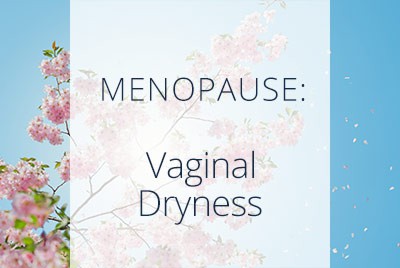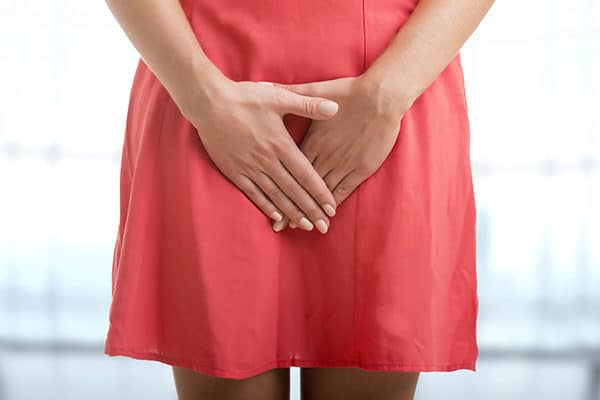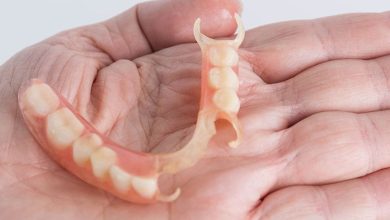Vaginal dryness (Symptoms, Causes and Treatment)
Vaginal dryness can cause discomfort in the vaginal and pelvic regions


Vaginal dryness is present when the tissues of the vagina are not well-lubricated and healthy.
Table of Contents
Causes
Atrophic vaginitis is caused by a decrease in estrogen.
Estrogen keeps the tissues of the vagina lubricated and healthy. Normally, the lining of the vagina makes a clear, lubricating fluid. This fluid makes s*xual intercourse more comfortable. It also helps decrease vaginal dryness.
If estrogen levels drop off, the tissues of the vagina shrink and become thinner. This causes dryness and inflammation.
Estrogen levels normally drop after menopause. The following may also cause estrogen levels to drop:
Medicines or hormones used in the treatment of breast cancer, endometriosis, fibroids, or infertility.
- Surgery to remove the ovaries
- Radiation treatment to the pelvic area
- Chemotherapy
Severe stress, depression - Smoking
- Some women develop this problem right after childbirth or while breastfeeding. Estrogen levels are lower at these times.
The vagina can also become further irritated from soaps, laundry detergents, lotions, perfumes, or douches.
Certain medicines, smoking, tampons, and condoms may also cause or worsen vaginal dryness.
Symptoms
- Burning on urination
- Light bleeding after intercourse
- Painful s*xual intercourse
- Slight vaginal discharge
- Vaginal soreness, itching or burning
- Exams and Tests, A pelvic exam shows that the walls of the vagina are thin, pale or red.
- Your vaginal discharge may be tested to rule out other causes for the condition. You may also have hormone level tests to find out if you are in menopause.
Treatment
There are many treatments for vaginal dryness: Before treating your symptoms on your own, a health care provider must find out the cause of the problem.
Try using lubricants and vaginal moisturizing creams: They will often moisten the area for several hours, up to a day. These can be bought without prescription.
Use of a water-soluble vaginal lubricant during intercourse may help: Products with petroleum jelly, mineral oil, or other oils may damage latex condoms or diaphragms.
Avoid scented soaps, lotions, perfumes, or douches.
Prescription estrogen can work well to treat atrophic vaginitis: It is available as a cream, tablet, suppository, or ring. All of these are placed directly into the vagina. These medicines deliver estrogen directly to the vaginal area. Only a little estrogen is absorbed into the bloodstream.
You may take estrogen (hormone therapy) in the form of a skin patch, or in a pill that you take by mouth if you have hot flashes or other symptoms of menopause. The pill or patch may not provide adequate estrogen to treat your vaginal dryness. In such cases, you may need to add a vaginal hormone medicine as well.
Possible Complications
Vaginal dryness can:
- Make you more likely to get yeast or bacterial infections of the vagina.
- Cause sores or cracks in the walls of the vagina.
- Cause pain with s*xual intercourse, which may affect your relationship with your partner or spouse. (Talking openly with your partner may help.)
- Increase your risk of developing urinary tract infections (UTI).
When to Contact a Medical Professional
Call your provider if you have vaginal dryness or soreness, burning, itching, or painful s*xual intercourse that does not go away when you use a water-soluble lubricant.
Alternative Names
Vaginitis due to reduced estrogen; Atrophic vaginitis; Menopause vaginal dryness
For any important information please contact us Email GadgetsNg info@gadgetsng.com
[Button id="1"]



